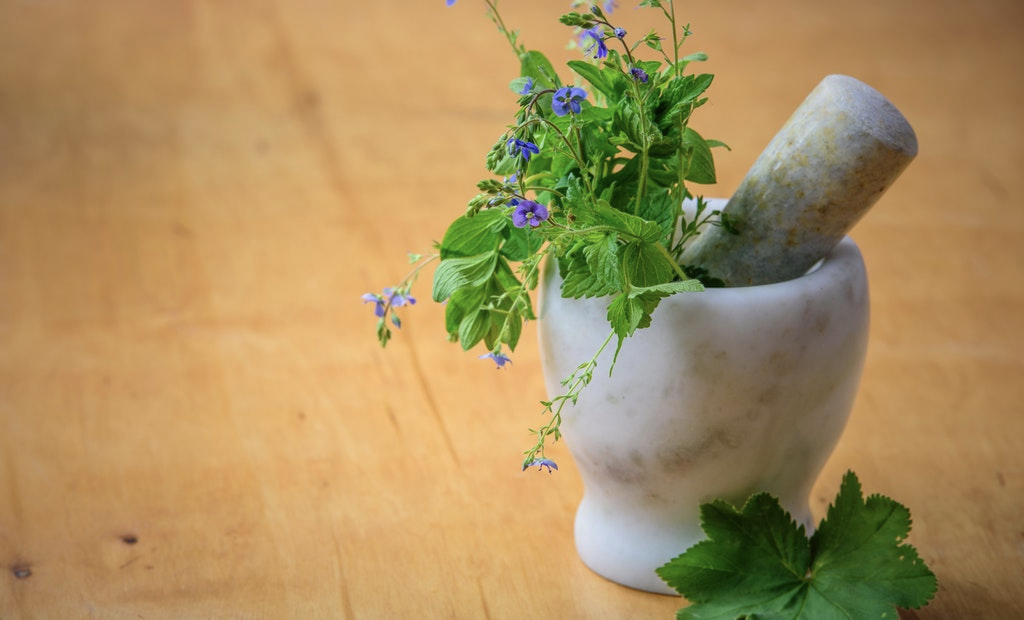Herbal medicine: Myth or magic?

In an era where technological advances are almost out of this world, and everyone is looking for the next best thing – even in pharmaceuticals – why not go back to basics and trial the uses of herbal medicine? With extensive research, and with thousands of years of history, are the strengths of herbal medicines all that they seem?
The herbal pharmaceutical industry is abundant with an array of options to choose from, with Ayurveda and Unani Tibb-Indian traditions, Chinese medicine, Kampo originating from Japan and Tibetan medicine. With each option providing different tailored routes of therapy to go down, the uses of all-natural ingredients are astonishing.
Herbal remedies have been used for centuries, with Chinese medicines going back to the third century BC, and still sustaining its major part in healthcare provision in China now, there is most definitely time being a pro in the ongoing battle of modern vs. natural. Herbal remedies are often used to complement medicine nowadays; however, research has stated that the mixture of medicines could provoke side effects.
These types of remedies are based on an infusion of many different ingredients, all stating to be used in unison to complement the uses of each other. Many remedies have been scientifically proven to work, including St John’s Wart alleviating depression, Echinacea preventing/reducing the duration of colds, ginger to relieve a sick feeling, and even to go as far as lemon balm and sage to improve the mental ability in people suffering with Alzheimer’s; however, the information is conflicting as even though many of the treatments improve illnesses, not all cure them completely.
Chinese medicines also have astounding uses, all being based around the idea of Yin and Yang, enhancing the fact that they may be unbalanced or un-harmonised due to our day-to-day lifestyles. These remedies have previously treated conditions from psychological problems to skin diseases, and almost everything in between, and they can be used by all ages.
The fundamentals behind these medicines aren’t the same as the most common treatments, as most people would take some pills and carry on with their daily routines. These remedies include changing lifestyles by adding in diet, sleeping patterns and also exercises like Yoga. The treatments are much more like the ideas from hundreds of years back. However, could that be the key to modern-day health?
With more and more evidence in favour of herbal remedies, and with legitimate stockists only supplying medicines that have been trialled, tested and scientifically proven, could they make a comeback from the BC centuries and grow the population into health?
Tamara Massey
When considering taking herbal remedies for any condition, always consult your GP on whether it’s the correct thing to do for you. Herbal medicines can be purchased from stockists such as Healthspan and Holland and Barrett. If you want more information on herbal remedies go to Bupa, or for Chinese medicines go to RCHM.


















Facebook
Twitter
Instagram
YouTube
RSS